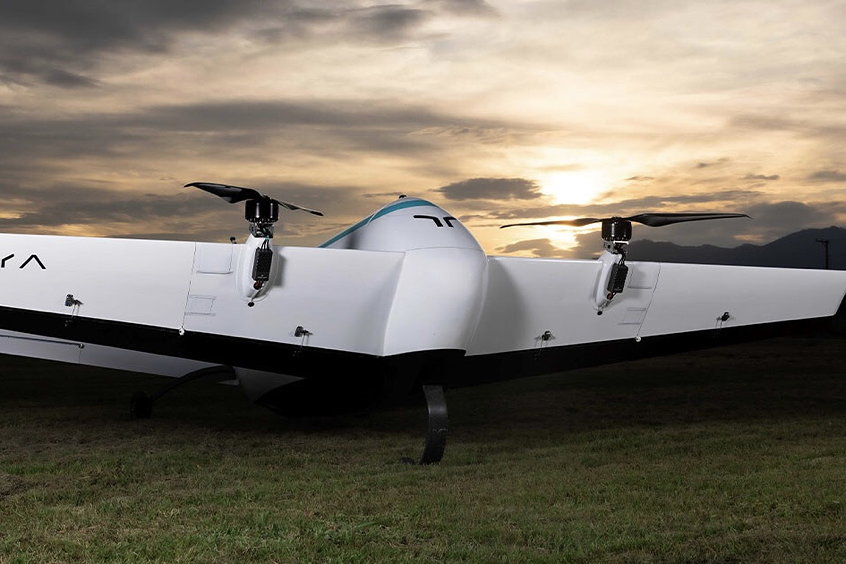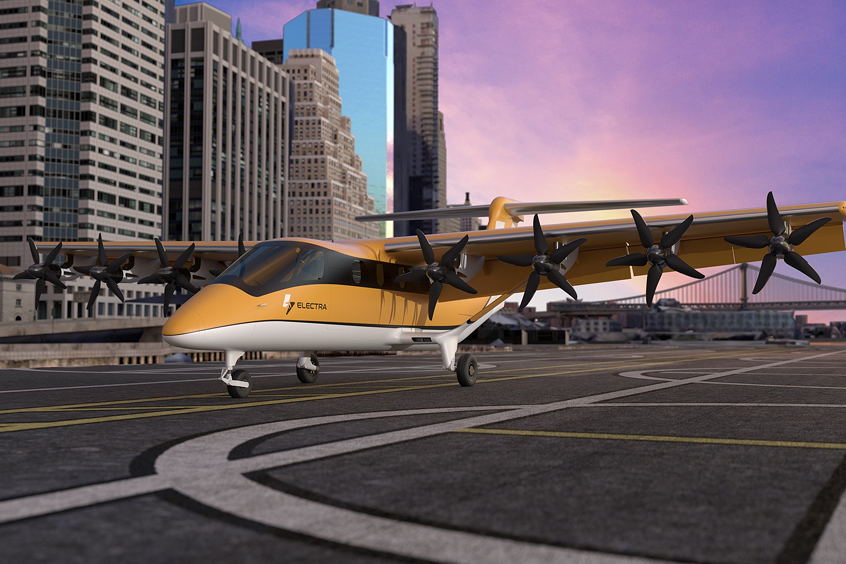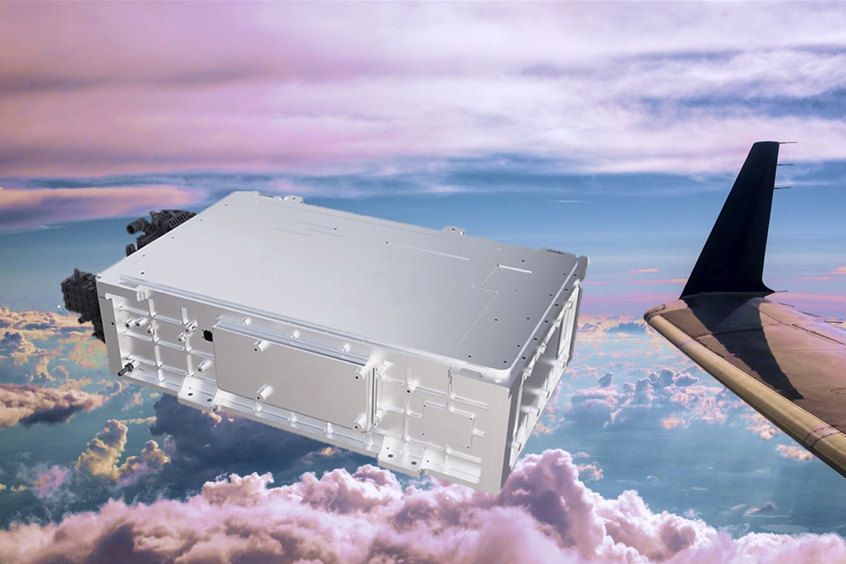Pipistrel has achieved EASA type certification for the battery powered Velis Electro.
Conceived as a fundamental part of the 'Velis Training System', the Velis Electro was designed to be simple to operate and maintain, without compromising safety. Employing Pipistrel's type certified electric engine, the Velis Electro delivers power instantly and without hesitation, using a simplified user interface in a cockpit that maintains the same look-and-feel of its conventionally powered siblings. The reduced number of moving parts dramatically decreases maintenance costs and the risk of malfunctions is further minimised thanks to its built-in continuous health-monitoring system.
This enhanced reliability allows the Velis Electro to have more than double the lifespan of powertrain elements in comparison to the previous generation of electric aeroplanes.
The revolutionary powertrain is entirely liquid-cooled, including the batteries, and demonstrated the ability to withstand faults, battery thermal runaway events, and crash loads as part of the certification process.
The overall result of all these innovations, says Pipistrel, is a drastic reduction in the operating costs, significantly contributing to the affordability of pilot training.
"The type certification of the Pipistrel Velis Electro is the first step towards the commercial use of electric aircraft, which is needed to make emission-free aviation feasible. It is considerably quieter than other aeroplanes and produces no combustion gases at all," says Ivo Boscarol, founder and CEO of Pipistrel Aircraft. "It confirms and provides optimism, also to other electric aircraft designers, that the Type Certificate of electric engines and aeroplanes is possible. The engine, which Pipistrel type certified separately, is also available to other aircraft OEMs. For Pipistrel, this achievement injects additional motivation for the future eVTOL and multi-seat hydrogen-powered projects. Pipistrel is especially thankful to all our customers for their confidence in our products, which allows us to continue developing these innovative aircraft," he adds.
Dominique Roland, Head of the General Aviation Department at EASA, comments: "For EASA, the type certification of this aircraft marks a significant dual milestone: on 18th of May 2020 we type certified its engine as the first electric engine – now we have followed up with the first type certification of a plane flying that engine. This was a truly ground-breaking project which has yielded many learnings for the future certification of electric engines and aircraft, undoubtedly a growth area in coming years in line with the aims of environmental protection.
"It should also be noted that this innovative product was, despite the many challenging aspects, certified in less than three years, showing the excellent work performed by Pipistrel and the EASA teams. Finally, it is worth mentioning that the certification team was composed of EASA staff, but included experts from the Swiss and French authorities, in order to prepare and facilitate the entry into service of the Velis Electro in these two countries."
Paolo Romagnolli, Head of Engineering at Pipistrel, highlights the technical excellence: "The Velis Electro project has been one of those engineering challenges we like at Pipistrel. EASA Type Certificate is an uncompromised affirmation of the safety of the design. Having achieved this with a relatively small team is proof that young, talented, and motivated professionals can bring innovation into reality. Completing the work nobody else has ever done before makes us all very proud of being members of this engineering team."
Pipistrel will deliver the first 31 Velis Electro to customers in 7 different countries already in 2020. Marc B. Corpataux, the launch customer for the Velis Electro, comments: "AlpinAirPlanes GmbH is very proud to be given the great opportunity by Pipistrel to be part of this game-changing journey. With more than 400 flight hours and 25 pilots introduced to the predecessor Alpha Electro, we are convinced of the suitability of electric flight in the daily flight school environment. Initially, we will distribute 12 aircraft on 10 airfields over Switzerland. Each base will be equipped with 150 m2 of photovoltaic panels, producing electricity for 12,000 flight hours per year on the Velis Electro. We are happy to offer the most environmental friendly training possible."
| Contact details from our directory: | |
| Pipistrel d.o.o. | Airframer |
| Related aircraft programs: |
| Pipistrel Virus |
| Related directory sectors: |
| Rotors & Propellers |
Weekly news by email:
See the latest Bulletin, and sign up free‑of‑charge for future editions.

Altair collaborates with aerospace startup Moya Aero to develop eVTOLs

Electra reveals design for EL9 hybrid-electric aircraft
Piper Aircraft achieves AS9100 certification
